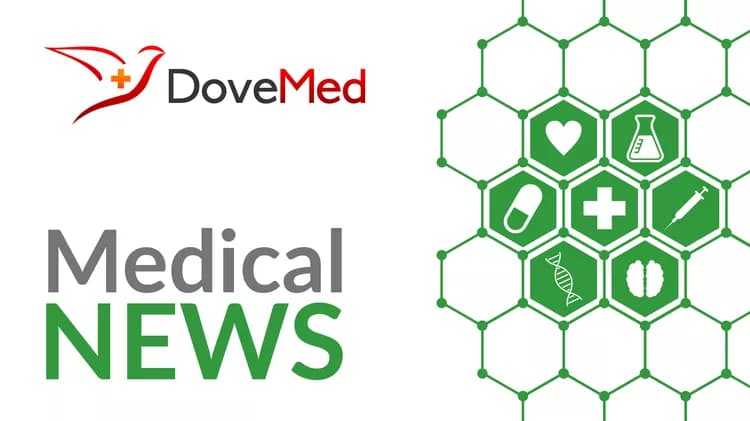
Consider Non-Surgical Brain Stimulation For Severe Depression, Say Experts
Non-surgical brain stimulation should be considered as alternative or add-on treatments for adults with severe forms of depression, suggests a study published by The BMJ today.The findings also suggest that more established techniques should take priority over new treatments with a more limited evidence base.
Depression is a common and debilitating illness that is usually treated with drugs and psychological therapies. But these treatments do not work for every patient and some patients experience undesired side effects.
Non-surgical brain stimulation techniques, such as electroconvulsive therapy (ECT) and repetitive transcranial magnetic stimulation (rTMS), use electrical currents or magnetic fields to change brain activity. No-one is entirely sure how these treatments work, but for example rTMS is thought to change activity in areas of the brain that are under or overactive in depression.
Although guidelines support the use of these techniques, they tend to be used too little and too late, and previous research into their effectiveness has been limited.
A team led by Julian Mutz at the Institute of Psychiatry, Psychology & Neuroscience at King's College London, set out to compare response (clinical efficacy) and all cause discontinuation (acceptability) of non-surgical brain stimulation for the treatment of major depressive episodes in adults.
They analysed the results of 113 clinical trials involving 6,750 patients (average age 48 years; 59% women) with major depressive disorder or bipolar depression, randomised to 18 active treatment strategies or inactive ("sham") therapy.
Active techniques included electroconvulsive therapy (ECT), transcranial magnetic stimulation (rTMS), magnetic seizure therapy, and transcranial direct current stimulation (tDCS). Each trial was also scored as having low, high, or unclear risk of bias.
The most common treatment comparisons were high frequency left rTMS and tDCS versus sham therapy, whereas more recent treatments (such as magnetic seizure therapy and bilateral theta burst stimulation) remain understudied.
The quality of the evidence was of low (34%), unclear (50%) and high (17%) risk of bias and the precision of treatment effect estimates varied considerably, with higher levels of uncertainty for new treatments.
The researchers found that bitemporal ECT, high dose right unilateral ECT, high frequency left rTMS and tDCS, were more effective than sham therapy across all outcome measures in network meta-analysis.
For all active treatment strategies, patients were no more likely to discontinue treatment than when they received sham therapy. There were few differences in all cause discontinuation rates between active treatments.
The researchers point to some limitations. For example, a large number of studies carried an unclear risk of bias, and a focus on short term effects meant results may not apply to the long term antidepressant effects of non-surgical brain stimulation. What's more, the study did not examine specific undesired side effects.
However, they say their findings have implications for clinical decision making and research "in that they will inform clinicians, patients, and healthcare providers on the relative merits of multiple non-surgical brain stimulation techniques."
The findings also highlight important research priorities in the specialty of brain stimulation, such as the need to conduct further randomised controlled trials for novel treatment protocols, they conclude.
Related Articles
Test Your Knowledge
Asked by users
Related Centers
Related Specialties
Related Physicians
Related Procedures
Related Resources
Join DoveHubs
and connect with fellow professionals

0 Comments
Please log in to post a comment.